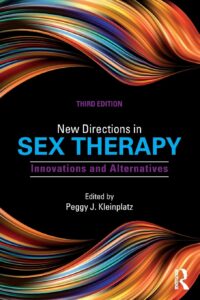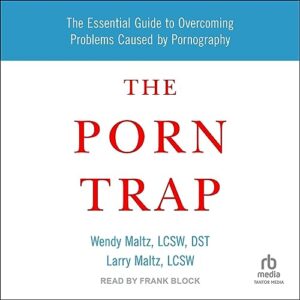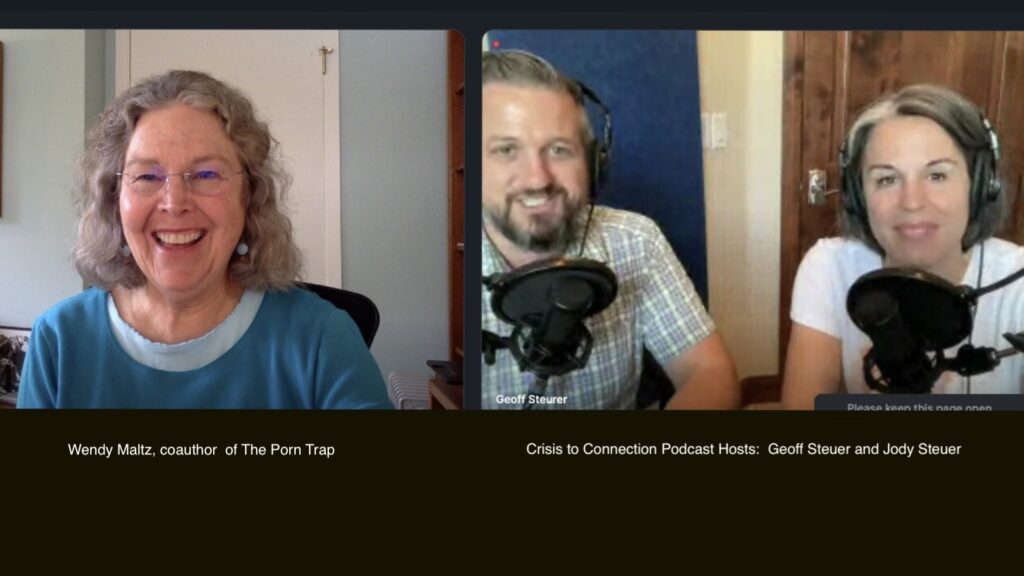Orlanda Publishing has released “Zulassen. Wege zur Selbstheilung für Überlebende sexueller Gewalt,” a new (May 2025) paperback version of Wendy Maltz’s classic sexual abuse recovery book, The Sexual Healing Journey: A Guide for Survivors of Sexual Abuse. According to Google Translate, in English, the title reads as, “Allowing: Paths to Self-Healing for Survivors of Sexual Violence.”
The German word “Zulassen” replaces the term “Sexual Healing” as the main title. Zulassen translates as “allowing.” In the context of sexual abuse healing, Zulassen carries several meanings, such as allowing oneself to acknowledge past sexual violation and present repercussions, allowing oneself to feel the pain and grief of past violation, and permitting oneself to heal and enjoy sexuality at this new time of life. All of these are significant aspects of sexual healing.
Allowing is also an important concept in sexual relationships. Healthy sexuality involves having self-determination and choice. You are in charge of who you allow to touch you and how. In healthy sexual relating, contact is mutually desired and welcome. Partners have a choice at all times. These features of “allowing” distinguish healthy sex as radically different from sexual violence and abuse
Orlanda Publishing’s choice to release a new edition of The Sexual Healing Journey in German is a wonderful acknowledgment of the book’s lasting power to help people overcome the intimate repercussions of sexual abuse.













